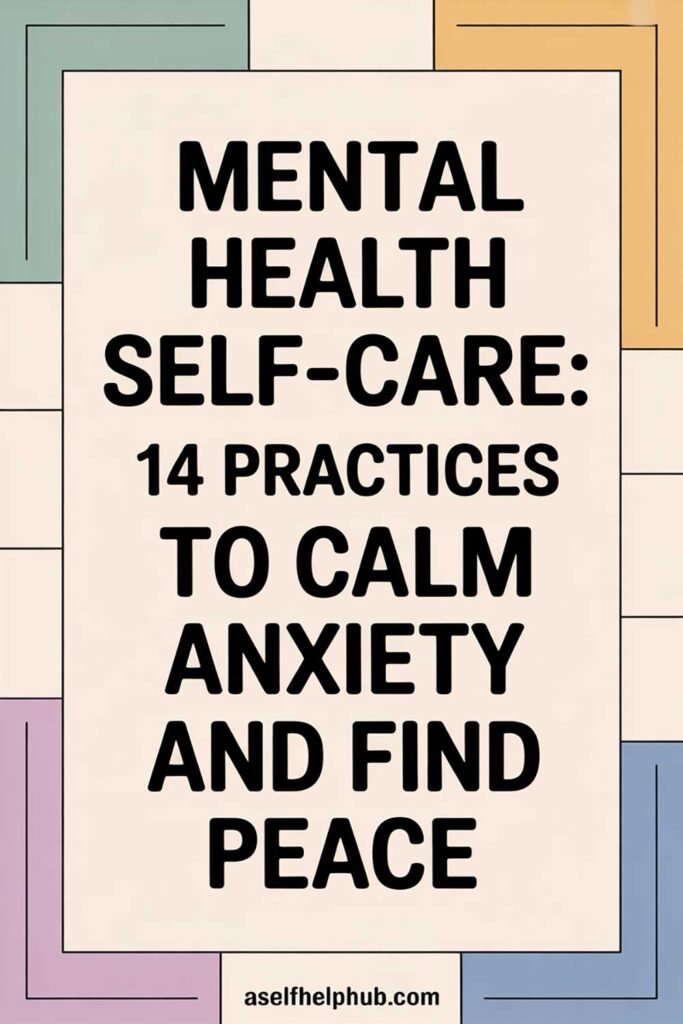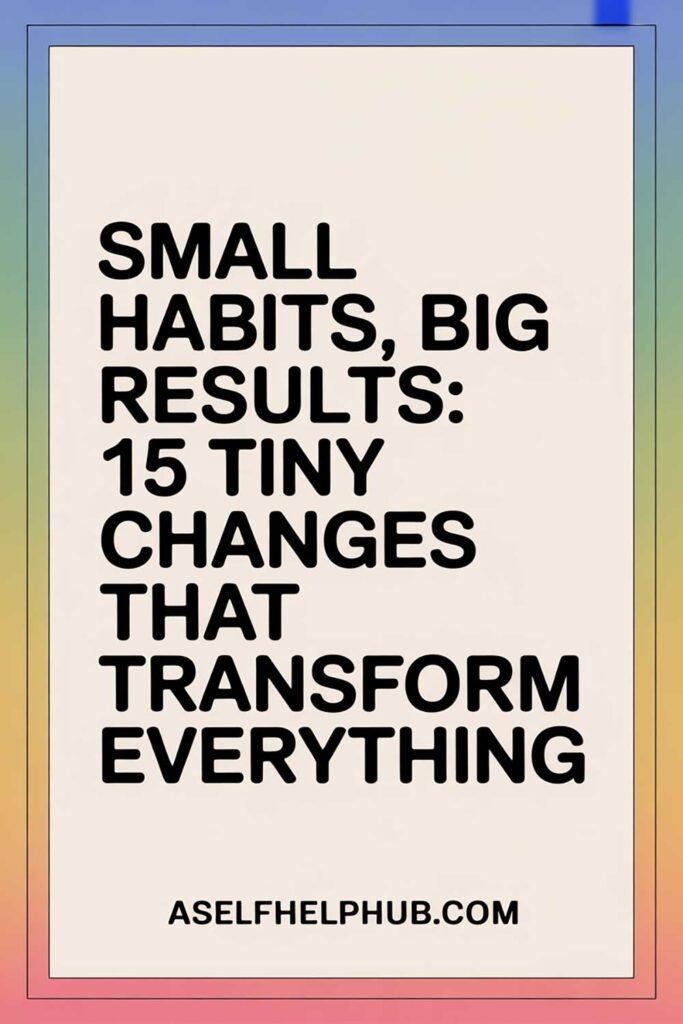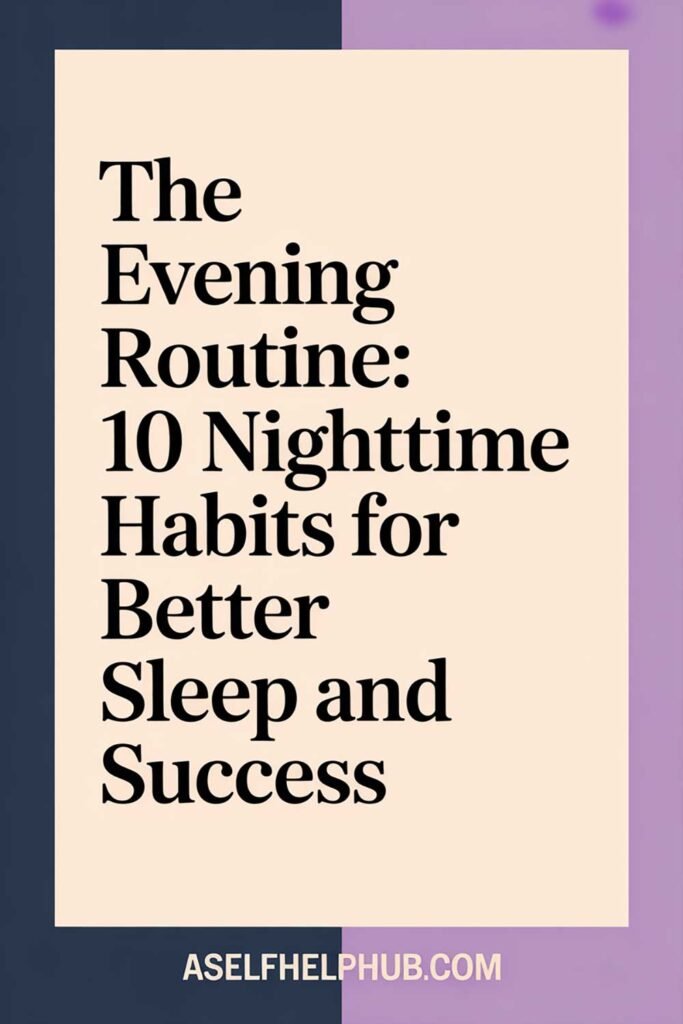The Role of Skepticism in Making Smarter Choices
Skepticism is one of the most powerful tools for making smarter, more informed choices. It enables us to question assumptions, analyze evidence, and think critically about the decisions we make. In an era of misinformation, social media influence, and persuasive marketing, skepticism helps protect us from manipulation and poor judgment. By cultivating a skeptical mindset, we can enhance our decision-making abilities and navigate complex situations with greater confidence.

What is Skepticism?
Skepticism is not about doubt for the sake of doubt; rather, it is a systematic approach to questioning claims, evaluating evidence, and avoiding cognitive biases. It involves a willingness to withhold judgment until sufficient proof is presented and to challenge ideas that lack logical or empirical support.
Many people equate skepticism with negativity, but this is a misconception. True skepticism is a constructive process that seeks to uncover truth by eliminating falsehoods. It is an essential skill in various aspects of life, from science and business to everyday decision-making.
Why Skepticism Matters in Decision-Making
Applying skepticism to your decision-making process helps you:
- Avoid deception and misinformation – Reduces the risk of being misled by false claims, scams, or biased narratives.
- Enhance critical thinking – Encourages logical analysis rather than emotional reactions.
- Minimize cognitive biases – Helps identify and overcome subconscious biases that distort judgment.
- Improve problem-solving – Facilitates effective solutions by evaluating all available options objectively.
- Encourage independent thought – Prevents blind acceptance of popular opinions and conventional wisdom.
- Make more rational financial and life decisions – Helps weigh risks, assess credibility, and make informed choices.
The Different Types of Skepticism
There are various forms of skepticism, each relevant in different contexts:
1. Philosophical Skepticism
Philosophical skepticism challenges the very nature of knowledge and belief. It asks whether absolute certainty is possible and encourages a continuous search for evidence.
2. Scientific Skepticism
Scientific skepticism applies to claims in science, medicine, and technology. It requires rigorous testing, peer review, and empirical evidence before accepting scientific assertions.
3. Practical Skepticism
Practical skepticism applies to everyday decisions, such as financial investments, health choices, and political opinions. It involves questioning sources, recognizing potential biases, and making reasoned judgments.
How to Apply Skepticism in Everyday Life
1. Question Assumptions
- Ask: “What evidence supports this claim?”
- Challenge statements based on tradition, authority, or popularity.
- Be wary of statements that appeal to emotions rather than facts.
2. Check the Source
- Evaluate the credibility of the source presenting the information.
- Prefer peer-reviewed research, expert consensus, and unbiased reporting.
- Avoid sources known for sensationalism or conflicts of interest.
3. Look for Evidence
- Ask for objective proof rather than personal anecdotes.
- Verify statistics and data from multiple reliable sources.
- Recognize when claims lack empirical support.
4. Recognize Logical Fallacies
- Identify arguments that use flawed reasoning, such as ad hominem attacks or false dilemmas.
- Ensure conclusions follow logically from premises and evidence.
5. Consider Alternative Explanations
- Ask: “What if the opposite were true?”
- Explore multiple perspectives before forming a conclusion.
- Avoid confirmation bias by seeking out conflicting evidence.
6. Be Aware of Biases
- Recognize personal biases and how they shape your perceptions.
- Challenge cognitive distortions that reinforce preexisting beliefs.
- Practice intellectual humility by admitting when you are wrong.
7. Avoid Relying on Authority Alone
- Just because an expert or public figure supports an idea does not make it true.
- Consider whether the argument is based on logic and evidence rather than status.
- Seek independent verification before accepting authoritative claims.
8. Test Ideas and Hypotheses
- Whenever possible, experiment or fact-check information yourself.
- Look for repeatability in studies and claims.
- Avoid making decisions based on isolated instances or single reports.
Balancing Skepticism with Open-Mindedness
While skepticism is valuable, it is essential to balance it with open-mindedness. Being overly skeptical can lead to cynicism and the rejection of valid ideas. The key is to remain open to new evidence while maintaining a critical approach to assessing its validity. Open-minded skepticism encourages intellectual curiosity, thoughtful debate, and continuous learning.
Inspirational Quotes on Skepticism and Decision-Making
- “Extraordinary claims require extraordinary evidence.” – Carl Sagan
- “Doubt is an uncomfortable condition, but certainty is a ridiculous one.” – Voltaire
- “The scientist is not a person who gives the right answers, but one who asks the right questions.” – Claude Lévi-Strauss
- “The first principle is that you must not fool yourself – and you are the easiest person to fool.” – Richard Feynman
- “A wise man proportions his belief to the evidence.” – David Hume
- “Thinking is the hardest work there is, which is probably the reason so few engage in it.” – Henry Ford
- “Trust, but verify.” – Ronald Reagan
- “Skepticism is the first step toward truth.” – Denis Diderot
- “Belief is the death of intelligence.” – Robert Anton Wilson
- “The great enemy of truth is very often not the lie – deliberate, contrived, and dishonest – but the myth – persistent, persuasive, and unrealistic.” – John F. Kennedy
Picture This
Imagine you are making a major life decision—perhaps choosing a career path, investing in a business, or selecting a new health regimen. Instead of blindly trusting the first piece of advice you receive, you take a step back. You analyze the information, question assumptions, and demand evidence. As a result, you make a choice based on facts, not persuasion or pressure. With this approach, you avoid costly mistakes and gain confidence in your decisions. How different would your life be if you applied skepticism to every important choice?
Please Share This Article
If you found this article helpful, please share it with others who could benefit from incorporating skepticism into their decision-making process!






